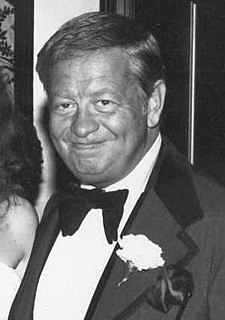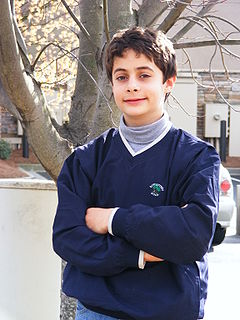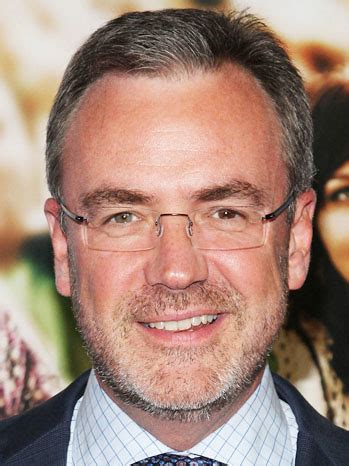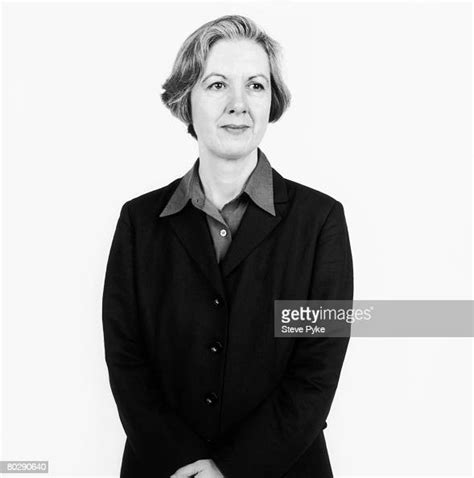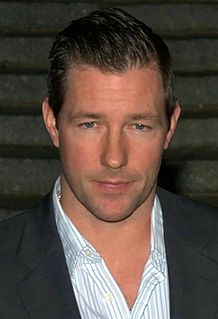A Quote by Wayne Dyer
I'm sixty-eight years old. What I do now will be read by unborn generations for hundreds, perhaps thousands, of years. For me, it's not about my work - that is, it's not about Wayne Dyer's work, how much money I make, how well I do, or how well my products do.
Related Quotes
Nothing changed in my life since I work all the time," Pamuk said then. "I've spent 30 years writing fiction. For the first 10 years I worried about money and no one asked me how much money I made. The second decade I spent money and no one was asking me about that. And I've spent the last 10 years with everyone expecting to hear how I spend the money, which I will not do.
It is not nearly so important how well a message is received as how well it is sent. You cannot take responsibility for how well another accepts your truth; you can only ensure how well it is communicated. And by how well, I don't mean merely how clearly; I mean how lovingly, how compassionately, how sensitively, how courageously, and how completely.
Many concerns now make part or the whole of their dividends from by-products that formerly went to waste. How do we, as individuals, utilize our principal by-product? Our principal by-product is, of course, our leisure time. Many years of observation forces the conclusion that a man's success or failure in life is determined as much by how he acts during his leisure as by how he acts during his work hours. Tell me how a young man spends his evenings and I will tell you how he is likely to spend the latter part of his life.
You know, I didn't write my books for critics and scholars. I wrote them for students and artists. When I hear how much my work has meant to them--well, I can't tell you how happy that makes me. That means that this great stuff of myth, which I have been so privileged to work with, will be kept alive for a whole new generation. That's the function of the artists, you know, to reinterpret the old stories and make them come alive again, in poetry, painting, and now in movies.
Man has existed for about a million years. He has possessed writing for about 6,000 years, agriculture somewhat longer, but perhaps not much longer. Science, as a dominant factor in determining the belief of educated men, has existed for about 300 years; as a source of economic technique, for about 150 years. In this brief period it has proved itself an incredibly powerful revolutionary force. When we consider how recently it has risen to power, we find ourselves forced to believe that we are at the very beginning of its work in transforming human life.
I got into politics when I was eight years old. Six years now. And I got involved because I started listening to talk radio. It goes back to one event. The Democrats filibustered something in the Senate when I was eight years old. I don't remember what it was on and I didn't honestly care when I was eight years old. I cared about the history and the Senate rules.
I'm not one of these guys who begins the day thinking about what kind of an impact I can have. I instead think about it as what kind of work are we going to do today, how can we make the broadcast better, how can we work as a team, how can we draw on the resources of CBS overall and use them to make the 'Evening News' that much stronger.
The problem in America as far as actors are concerned - and it's probably true in other fields, as well - is that they don't value people who are older or talented. I don't think ability means anything. How much money you have or how much money you can make for them are the only things they seem to care about or understand.
It is a juggling act and I have been in it for 12 years now, which is about 11 years longer than I thought I would be, and then the priority there is thinking how can I stay somewhat irrelevant so that you can continue to survive and can continue to work and put yourself in a position to get to do the work you are truly passionate about.


